There are 2.9 billion people across the globe who are still not connected to the Internet.
Unconnected populations lack access to buy and sell goods and services online. Students lack access to the abundance of remote learning opportunities. During the pandemic, working or studying from home was impossible for unconnected populations.
This digital divide is particularly impactful on women. According to UNESCO, in 10 countries across Africa, Asia, and South America, women are 30-50% less likely than men to make use of the Internet. Globally, women are 23% less likely than men to use mobile Internet. Connecting those without access is often an issue of cost as well as an issue of culture. For example, in sub-Saharan Africa, one gigabyte of data costs nearly 40% of the average monthly wage. Add in barriers like literacy or acceptance of change and you have all the main factors that critically impair adoption and usage. Unfortunately, lack of use means that one cannot access telemedicine, take an online class, digitally transform a farm, or research a local or home project. This hinders the development and social and economic well-being of both families and communities.
On the other hand, increased connectivity provides life-changing benefits to communities while expanding markets. Internet access provides unconnected populations opportunities for health, education, and economic growth. Research shows that each additional 10% of internet penetration adds 1.2% to per capita GDP growth in emerging markets.
In 2020 the IEEE Future Networks Initiative (FNI) received funding to support research and an annual competition to help address this dire issue. On the research side we created a working group within the INGR technical roadmap project, which takes a 10-year view of network evolution. On the competition side, we created the Connecting the Unconnected Challenge, looking for innovative providers that can enhance access and connectivity in less developed countries, or in rural areas of developed nations. Solutions that include services and applications that can better meet social needs such as agriculture, livelihoods, health and education are ideal.
FNI believes there are local providers and innovators who have already identified mechanisms that can lower costs and enhance service provisions. These could include innovations that can be used to enable more sustainable, commercially viable outcomes and address cultural and technological impediments. By helping such organizations build and expand their offering, IEEE can work to increase access, reduce the digital divide, and further its humanitarian and social mission for those most impacted.
Each IEEE Connecting the Unconnected (CTU) Challenge will culminate in an IEEE Future Networks event, the IEEE Connecting the Unconnected Summit. During the Summit, experts and thought leaders will convene to discuss the issue of internet connectivity. Regulators, standards setting bodies, non-profits, international companies, and other experts will also be there to share current thinking on critical topics of innovation and connectivity. And during the Summit, winners of the IEEE Connecting the Unconnected Challenge will have an opportunity to present their solutions in front of a global audience and receive public recognition for their IEEE awards.
The IEEE Connecting the Unconnected Challenge is an annual, global competition that solicits solutions from start-ups, grassroots organizations, universities, or individuals with projects or ideas to bridge the digital divide in innovative ways. Organized by the IEEE Future Networks Initiative and other partners, the competition seeks applications from early-stage projects that offer unique ways to increase Internet access and usage for unconnected populations/geographies.
The IEEE Connecting the Unconnected Summit (November 2022) will convene experts and thought leaders on the issue of Internet connectivity and the digital divide. This multi-day virtual event will feature keynote talks, panels, and more with regulators, multinational companies, standards-setting bodies, non-profits and others. The Summit will also serve as an Awards Ceremony for the IEEE Connecting the Unconnected Challenge, with winners presenting their solutions and interacting with attendees.




